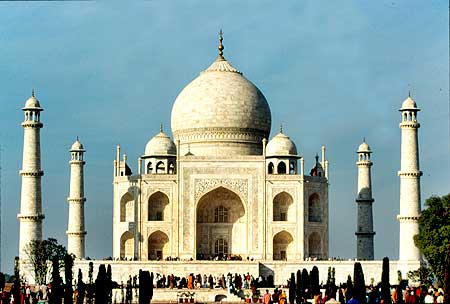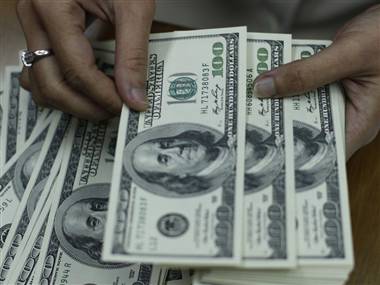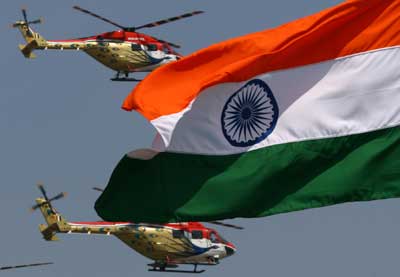 | « Back to article | Print this article |
The world's top wealth creators; India 4th
India has emerged among the four fastest wealth creator countries in the world and its growth momentum is expected to gather further steam going forward, a global study has said.
In its annual Global Wealth Report, management consulting firm Boston Consulting Group has listed the United States, China, the United Kingdom and India as the nations showing the largest absolute gains in wealth in 2010.
Global wealth continued a solid recovery in 2010, driven by growth in nearly every region and registered an increase of $9 trillion, to a record of $121.8 trillion.
Tjun Tang, BCG partner and co-author of the study, believes global wealth is expected to grow at a compound annual rate of 5.9 per cent from the end of 2010 till 2015 to about $162 trillion, driven by performance of capital markets and the growth of GDP in countries around the world.
Click NEXT to read on . . .
The world's top wealth creators; India 4th
"Wealth will grow fastest in emerging markets. In India and China, for example, it is expected to increase at a compound annual rate of 18 per cent and 14 per cent, respectively," Tang said, adding that the Asia-Pacific region's share of global wealth (ex Japan) was projected to rise from 18 per cent in 2010 to 23 per cent in 2015.
In Japan, however, the amount of wealth is expected to decrease slightly in 2011 and then grow slowly for several years owing to the lingering impact of the recent disaster.
The report further noted that in 2010, North America was the world's richest region, with $38.2 trillion in assets under management, nearly one-third of the global wealth.
Click NEXT to read on . . .
The world's top wealth creators; India 4th
In Asia Pacific (excluding Japan) wealth grew at the fastest rate, at 17.1 per cent, whereas in the Middle East and Africa, it was 8.6 per cent, Latin America (8.2 per cent).
Millionaire households increased by 12.2 per cent in 2010 to about 12.5 million, BCG said, adding that the US was home to most millionaire households (5.2 million), followed by Japan, China, the UK, and Germany, while Singapore continued to have the highest concentration of millionaire households.
Three of the six densest millionaire populations were in the Middle East: Qatar, Kuwait and the United Arab Emirates.
Click NEXT to read on . . .
The world's top wealth creators; India 4th
In terms of ultra-high-net-worth (UHNW) households -- defined as those with more than $100 million in assets -- the US has the largest number (2,692).
Saudi Arabia has highest UHNW concentration, measured per 100,000 households, at 18, followed by Switzerland (10), Hong Kong (9), Kuwait (8), and Austria (8).
"Strong performance of the financial markets accounted for the lion's share (59 per cent) of growth in assets under management. From the end of year 2008 through 2010, the share of wealth held in equities increased from 29 per cent to 35 per cent," BCG said.
Click NEXT to read on . . .
The world's top wealth creators; India 4th
The rich are getting much richer, this time as measured not by record number of billionaires but by record assets under management, the report said.
"2010 was a damn good year for global wealth," said Monish Kumar, senior partner and global leader of Asset and Wealth Management at BCG. "Global wealth is at an all time-high."
One of the study's more interesting findings has to do with where the wealthy are investing. Overall, they are starting to move more money back into equities, with 35 per cent of total assets of $121.8 trillion now parked in equities, up from 33 per cent last year but still four percentage points lower than the 2007.
Click NEXT to read on . . .
The world's top wealth creators; India 4th
"The nightmare of a couple years ago is receding in memory," said one BCG partner citing a magazine article that talked about why are human beings wired for optimism.
North Americans, most certainly led by the US, have 44 per cent of their money in equities, up from 36 per cent in 2008, more than any other region. Asia-Pacific excluding Japan has 33 per cent, up from 23 per cent.
BCG described Asian clients as having "bipolar asset allocations," defined as high portions in cash and high-risk products. It may be bipolar but for now it seems to be the fastest road to riches.





